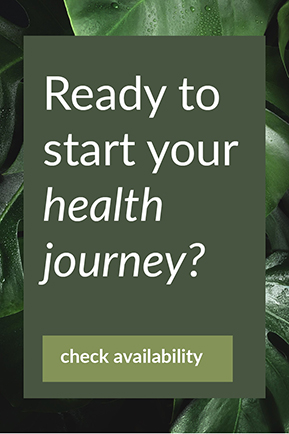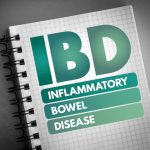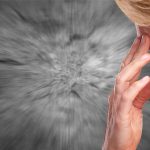I’d definitely go as far to say that as a naturopath, the liver is my favourite organ. Why is this you ask? Well, let me share with you how busy and resilient this truly wonderful super organ is.
To explain everything that your liver does, day in and day out would take a whole book to describe, so I’ll have to try and stick to the basics. Firstly, it is the only organ that is able to regenerate, and this is an incredible trait because one of its main roles is to act as the main filter for your body meaning that it cleans out your entire body, 24 hours a day. In this modern world, there is a lot to filter as it rids your body and blood of toxins, heavy metals, and impurities. This heavy responsibility of detoxification is a three–stage process which ensure that your body is protected and not damaged.
The Importance of a Healthy Liver
You see, your body is constantly exposed to an onslaught of potentially harmful toxins not only from the external environment but from your internal environment (body produces end products from metabolism), so your liver needs to be strong, healthy and well equipped to minimise the accumulation of these dangerous toxins in your body.
Putting it simply, your body delivers foreign substances and toxins to your liver from your blood stream for detoxification and then your liver transforms these toxic substances into water soluble safe substances which are easily excreted via your gastrointestinal tract and kidneys. This requires a family of liver enzymes.
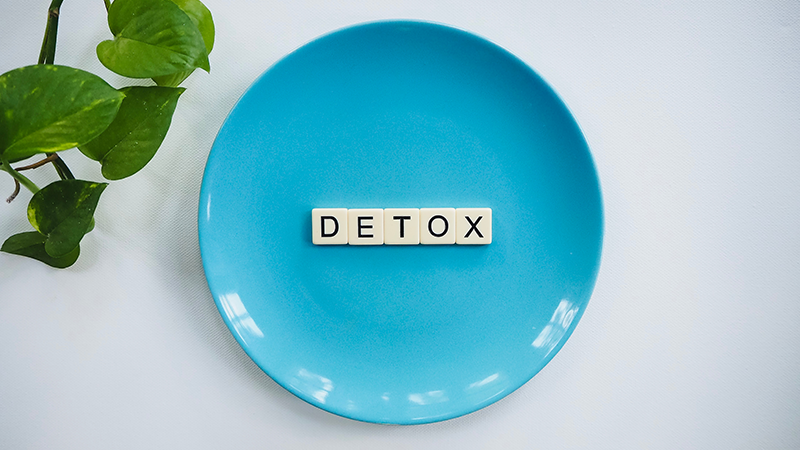
Liver Detoxification
To do this 3 phase detoxification process properly, your liver depends on specific nutrients from your diet, that are key for your liver to regulate its detoxification pathways, such as B vitamins, vitamin C, glutathione, particular amino acids (so think plenty of protein in your diet), carotenoids, flavonoids, phospholipids, zinc, selenium and others.
To make matters worse, sometimes the initial phase of this detoxification process in your liver creates free radicals that can be more dangerous to your body than the original substance being detoxified which is why phase 2 and 3 liver detoxification are so important and why having significant levels of antioxidants from your diet is crucial. These antioxidants counteract these dangerous free radicals meaning that cells in your body are not damaged.
Why Are Nutrients and Antioxidants So Important for My Liver?
I hope this explanation makes it clear as to why your diet and reducing exposure to unnecessary toxins is so important. So, what happens when you don’t have adequate nutrients and antioxidants from your food and free radicals accumulate as your liver struggles to keep up?
Firstly, liver damage can occur. This has enormous consequences for your body based on what I have already described and is why your GP and naturopath will always look at Liver function tests when you have a medical checkup. When your family of liver enzymes including Alanine aminotransferase (ALT), Alkaline Phosphatase (ALT) & Gamma-glutamyl transpeptidase (GGT) are elevated, this means that liver damage has occurred. Not only does this have wider health implications but it effects how your liver responds to medications.

What Does My Liver Do?
What I have described is one major function performed by your liver but guess what, scientific evidence indicates that your liver performs over 500 important functions to keep your body healthy.
Some very important ones that can not be overlooked are as follows:
- It produces bile, which is critical in breaking down fats during digestion and carrying away waste from your body
- It stores iron and processes haemoglobin
- It makes important proteins for blood clotting and blood plasma
- It breaks down your hormones after they have been used by your body
- It produces your cholesterol and substances which help carry important fats throughout your body
- It stores and converts your glucose for your energy needs and regulates blood sugar levels
- It activates/deactivates your medications and clears them from your blood when required
- It regulates amino acid levels which make up your bodies building blocks
- It clears bilirubin so it doesn’t accumulate
- It makes immune factors and clears your blood of bacteria; helping to fight infections
- It creates and stores nutrients from your food that can be more easily used by your body
For this reason, when I see a client with certain symptoms and conditions one of the first treatment strategies we agree to put in place is caring and supporting the liver and reducing the drain on its functions. This is done by reducing toxic load, promoting healthy detoxification, and improving antioxidant levels. In a society where the norm involves high levels of medications, extreme pollution, hormonal drug intake, excessive pesticides and hormones in and on our foods, high level of toxins in our skin care & cleaning products, excessive alcohol consumption, high intake of saturated and trans fats, high level of preservatives in food and a highly processed & high sugar diet – supporting the liver has never been more important.
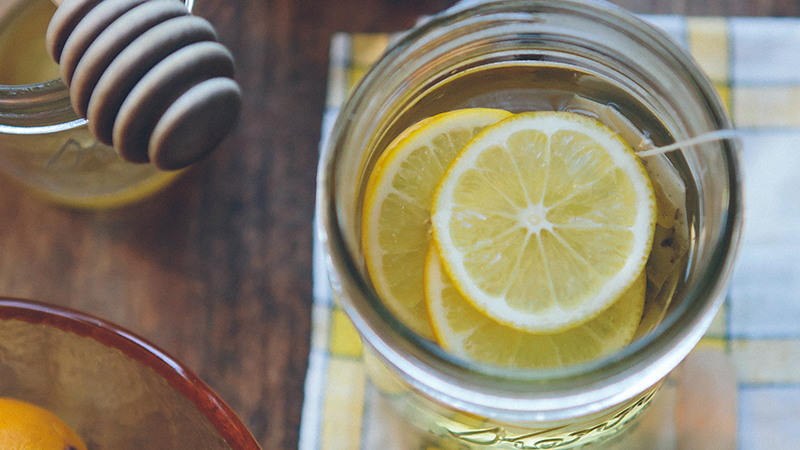
What Are Common Symptoms of a Liver Problem
Common symptoms of an underperforming or overburdened liver that is working harder than ever include:
- Fatigue and exhaustion
- Regular nausea
- Persistent skin issues such as acne, dermatitis, rashes, itchy skin, or eczema: as the skin is an elimination organ, when the liver is struggling the body will use the skin to eliminate toxins
- Frequent headaches and/or migraines
- New or worsened allergies, new sensitivities to food or your environment: when the liver is overwhelmed, the extra load of toxins which are unable to be detoxified properly cause your immune system to become over-stimulated
- Poor digestion such as constipation, bloating especially after fatty meals, burping and heartburn
- Gallbladder issues and gallstones
- High iron levels and elevated enzymes on liver function tests
- Sensitivity to alcohol including getting easily intoxicated and experiencing bad hangovers
- Elevated LDL cholesterol & elevated triglycerides
- Hormonal imbalances such as PMS, extra heavy periods, blood clots, irregular periods, water retention and unusually sore breasts
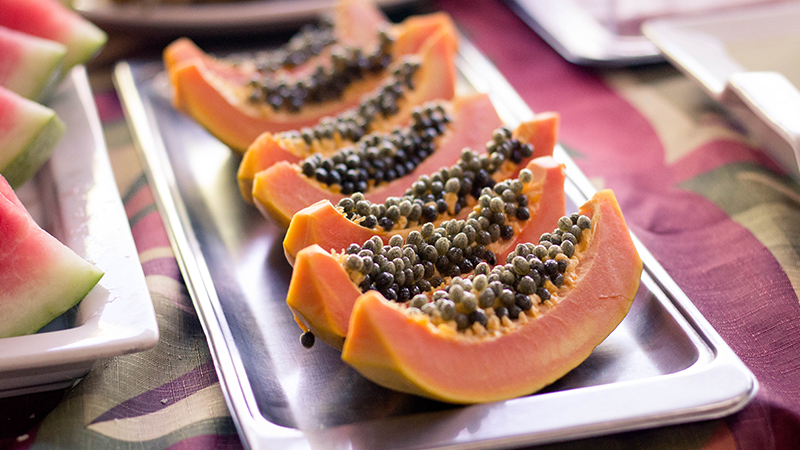
How To Love Your Liver
When you know that your liver is under strain, here are some tips to love and nurture this super organ:
- Eat organic food that has not been sprayed with pesticides or at the very least stick to avoiding the dirty dozen (shown in image below) which is a list of fruit and veges that should be eaten organic due to heavy pesticides.
- Eat a diet that is rich in green leafy vegetables and includes all colours of the rainbow to ensure you are eating a wide range of nutrients that are used by your liver. Keep your intake high!
- Eat good quality sources of protein every day as amino acids are critical building blocks in for every cell of your body.
- Avoid foods high in preservatives, foods highly processed with excessive sugars such as fructose & corn syrup; with “non-alcoholic fatty liver disease” on the rise, be aware of hidden sugars in your food.
- Avoid meats with added hormones.
- Moderate your alcohol consumption.
- Drink pure, filtered water.
- Drink freshly squeezed lemon in water before meals to stimulate liver function or 1 teaspoon of apple cider vinegar in 1/3 cup of filtered water to stimulate digestion and liver detoxification before breakfast.
- Think carefully before taking too many over the counter drugs unless prescribed by your GP, and consider non-toxic cleaning and skin care products.
- Include a range of Brassica vegetables in your daily diet such as cabbage, cauliflower, kale, broccoli, brussel sprouts and bok choy as they contain compounds called glucosinolates that increase Phase I and II liver enzymes, supporting your liver to do its job.
- Add fresh and dried turmeric to your meals readily as it is a wonderful antioxidant and support liver detoxification.
- Add garlic and onions wherever you can as they contain sulphur which helps the liver in detoxification.
Whilst naturopaths incorporate a range of herbal medicines and supplements to help people repair and support liver health, there is no better strategy than being conscious about the foods you eat and the toxins you expose your body to. And remember that what you put on your skin and what you breath must also pass through your liver.
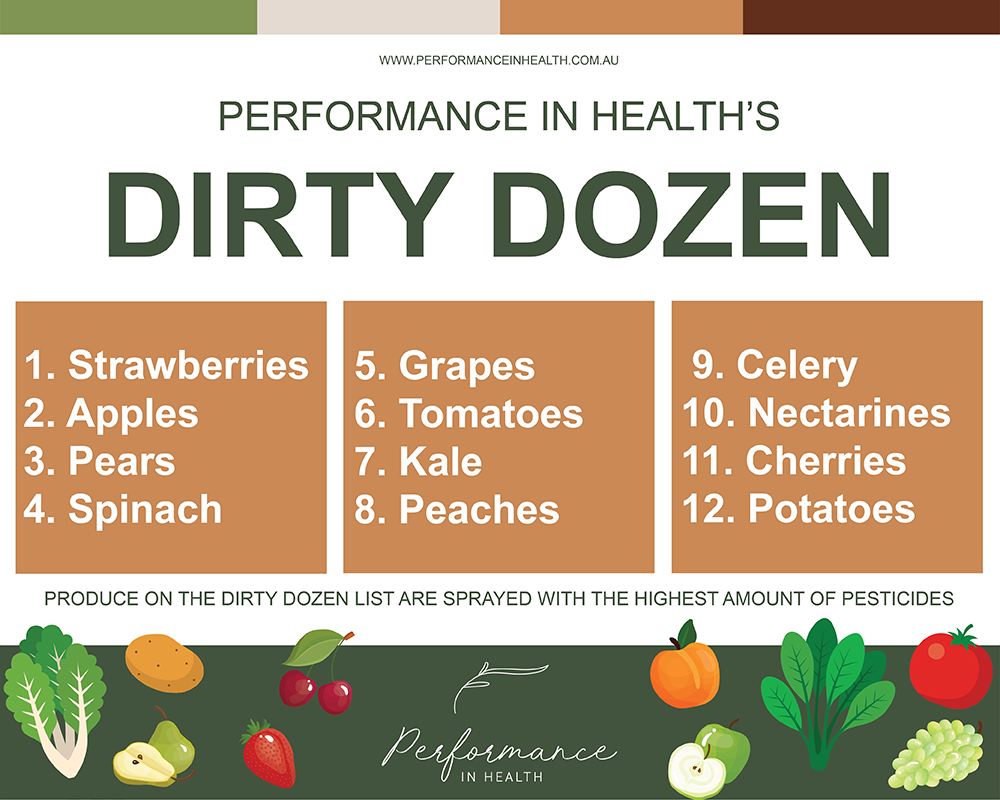
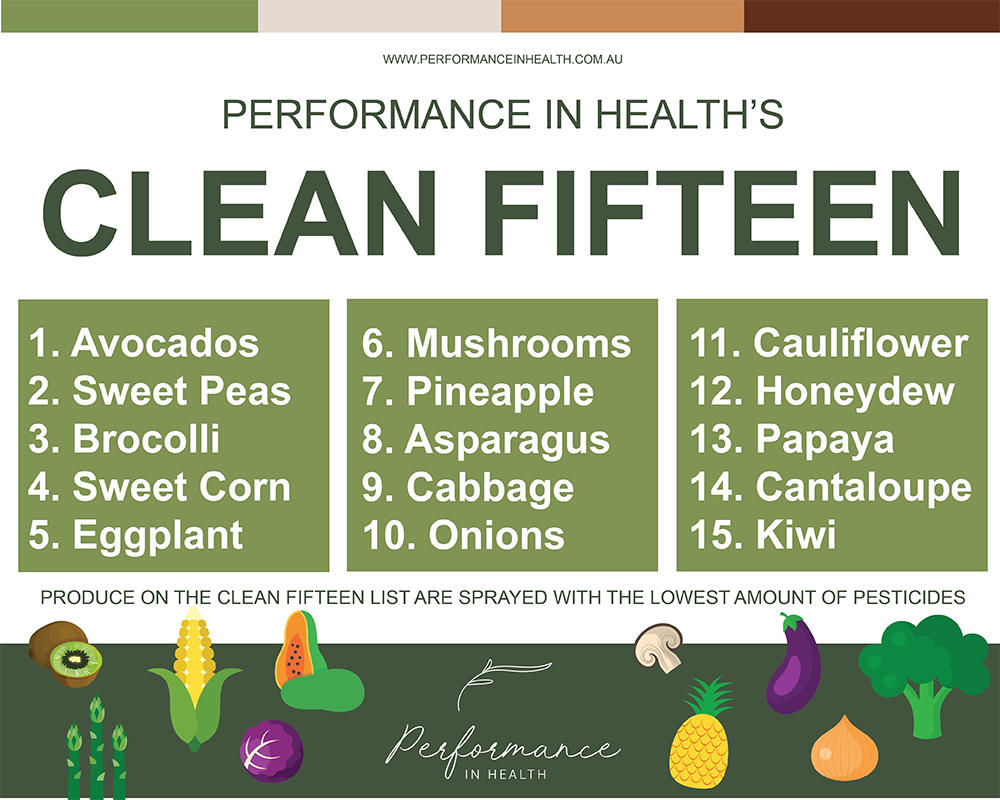
To learn more about how we can guide you through your journey of health, please book an appointment to speak with a naturopath.
References
Bayan, L., Koulivand, P. H., & Gorji, A. (2014). Garlic: a review of potential therapeutic effects. Avicenna journal of phytomedicine, 4(1), 1–14.
George, E. S., Forsyth, A., Itsiopoulos, C., Nicoll, A. J., Ryan, M., Sood, S., Roberts, S. K., & Tierney, A. C. (2018). Practical Dietary Recommendations for the Prevention and Management of Nonalcoholic Fatty Liver Disease in Adults. Advances in nutrition (Bethesda, Md.), 9(1), 30–40. https://doi.org/10.1093/advances/nmx007
Hechtman, L. (2012). Clinical Naturopathic Medicine. Sydney Australia: Churchill Livingstone/Elsevier.
Mazidi, M., Katsiki, N., & Banach, M. (2019). A higher flavonoid intake is associated with less likelihood of nonalcoholic fatty liver disease: results from a multiethnic study. The Journal of nutritional biochemistry, 65, 66–71. https://doi.org/10.1016/j.jnutbio.2018.10.001
Ray, G., & Bhargav, P. M. (2019). A Study of Hormonal Abnormalities in Chronic Liver Disease. The Journal of the Association of Physicians of India, 67(4), 47–52.
Sarris, J. & Wardle, J. (2014). Clinical Naturopathy: an evidence-based guide to practice. (2nd Ed.) Sydney Australia: ChurchillLivingstone/Elsevier.


